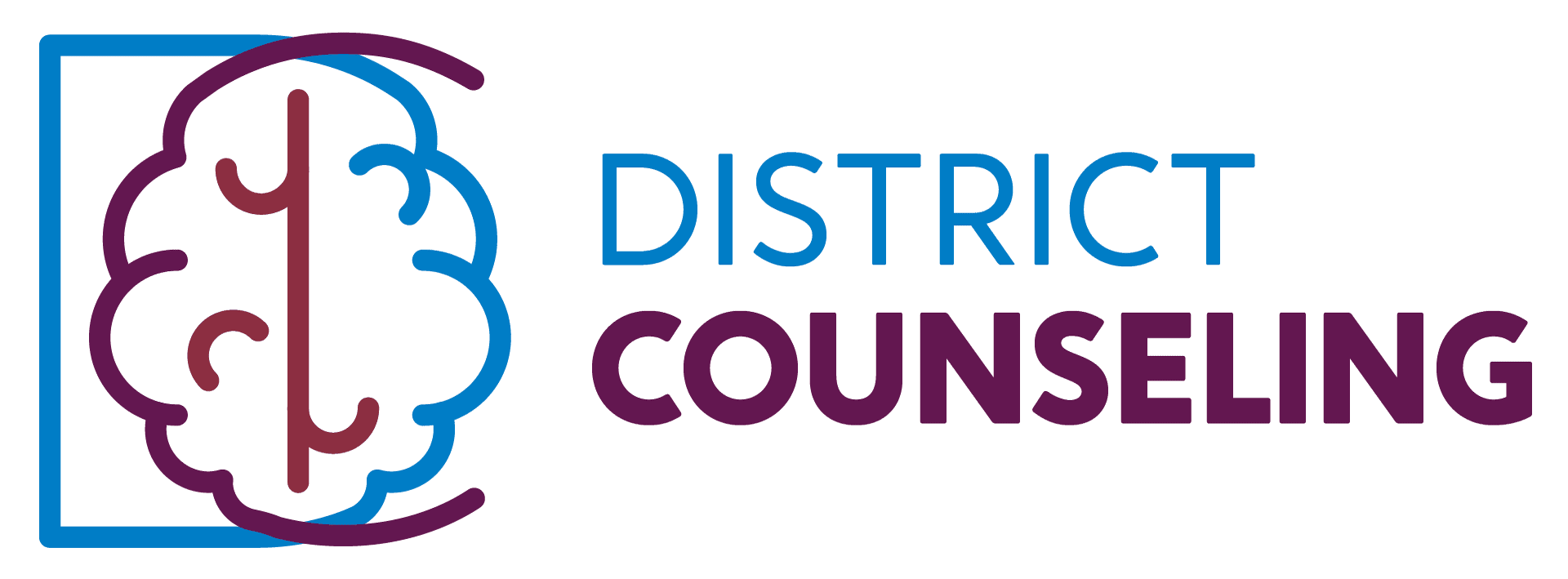Houston therapists have seen an increase on the mental health impact made by social media. Social media platforms are used to communicate with friends and family around the world, network, raise awareness on important issues, express oneself in creative ways, and more. While there are various reasons to have social media accounts, these platforms are highly addictive. Consequently, it is important to consider the impact of social media on mental health.
As mentioned, technology use has the ability to make people have psychological cravings, just like any other addiction. When online, a “feel good” chemical, known as dopamine, is often released into our brains when a person receives a reward. These rewards may come from likes on a picture, getting a new friend request, or receiving a reply to an email. Because technology is constantly available to us, and because we may develop intense urges for the chemical releases in our brain, it is not a surprise that people become obsessed with social media usage. Read along to learn more about the impact social media has on mental health and to create healthy habits that allow you to live a more fulfilling life. Additionally, consider seeing a Houston therapist from our office to assist you with any of your personal needs.
Impact of social media on Mental Health
Isolation
Social media impacts mental health negatively by making people feel isolated. This may seem hard to understand because social media is meant to keep people connected. However, social media often does not foster real relationships. People aren’t usually having meaningful conversations with one another online and these interactions simply don’t compare to face-to-face interactions.
Depression and Anxiety
Social media impacts mental health by increasing the likelihood of developing depression and anxiety. People who perceive themselves as having negative social interactions online, and or compare themselves with others online, tend to have depression and anxiety.
Inadequacy
Social media use can impact mental health by leaving people feeling inadequate about themselves or their lives. This can occur if someone becomes envious of others and dissatisfied with themselves. Even though most people are aware that what is displayed on social media isn’t always what it seems, this does not necessarily help to lessen the feelings of envy or dissatisfaction.
FOMO
Social media impacts mental health by leading individuals to feel FOMO, or “fear of missing out.” FOMO can occur if a person feels the need to constantly be connected to the internet, or if a person feels secluded from an event or group.
Self-centeredness
Social media impacts mental health by potentially leading to self-centeredness. Individuals may become so worried about their image, or next post, instead of living in the moment and making real memories with loved ones.
Impulsive Behaviors
Spending too much time online impacts mental health by leading to impulsive behaviors that keep the addiction to social media strong. Additionally, these impulse control issues can harm your concentration, focus, and even your sleep.
Negative Coping Mechanism
Social media can impact mental health when individuals use it as a negative coping mechanism. If a person constantly relies on social media to get rid of boredom, feel better about themselves, feel less lonely, or avoid feeling awkward in certain situations they are not dealing with the real problem at hand. Being online does not alleviate any negative feelings one may have; it typically ends up making people feel worse.
What You Can Do
Now that you have considered the negative impact social media can have on your mental health, it is important to establish a healthy amount of time to spend on these platforms daily. There isn’t a magic number that people should strive for but be reasonable with yourself and examine the reasons why you are online and if you are experiencing any of the negative consequences of being online. Cutting down can be a great thing not only for your mental health, but for your productivity and relationships.
If you, or a loved one, are experiencing any of the symptoms mentioned above due to social media usage see a Houston therapist! Our therapists are well-trained individuals who are eager to help you achieve your personal goals.
Here are some ways you can help yourself:
- Download an app that keep track of how much time you spend online
- Allow yourself to be online for only a specific amount of time daily
- Disable social media notifications
- Don’t bring your phone to bed
- Call or facetime a friend
- Meditate
- Be grateful for what you have
- Make conversation with the people around you
- Start a new hobby
- Read a book
- Exercise
- Volunteer
- Cook a meal with a loved one
- Tell yourself that you are worthy everyday
- Make a visit to one of District Counseling’s Convenient locations!

Arely Ambriz
December 26, 2025
Is Holiday Pressure Compounding Your Mid-Week Stress? A Therapist Answers Your FAQ
Feeling more frazzled than festive this holiday season? Get actionable advice on managing financial anxiety, setting social boundaries, and coping with grief to navigate holiday stress and find peace....

Arely Ambriz
December 26, 2025
Navigating the Mistletoe & Minefields: Finding Connection When Holiday Cheer Feels Strained
Struggling with holiday stress in your relationship? Discover three simple strategies to navigate disagreements and stay connected with your partner. Learn how to turn chaos into connection with tips on...

Arely Ambriz
December 23, 2025
The Great 2025 Workplace Reset: Are New Mental Health Benefits Enough?
Ready to kick off your new beginning? Learn how to overcome mental blocks, take the first step, and build your support team to turn ambition into a winning season...

Arely Ambriz
December 22, 2025
Your Championship Season: How to Kick-Off Your Own New Beginning
Ready to kick off your new beginning? Learn how to overcome mental blocks, take the first step, and build your support team to turn ambition into a winning season...
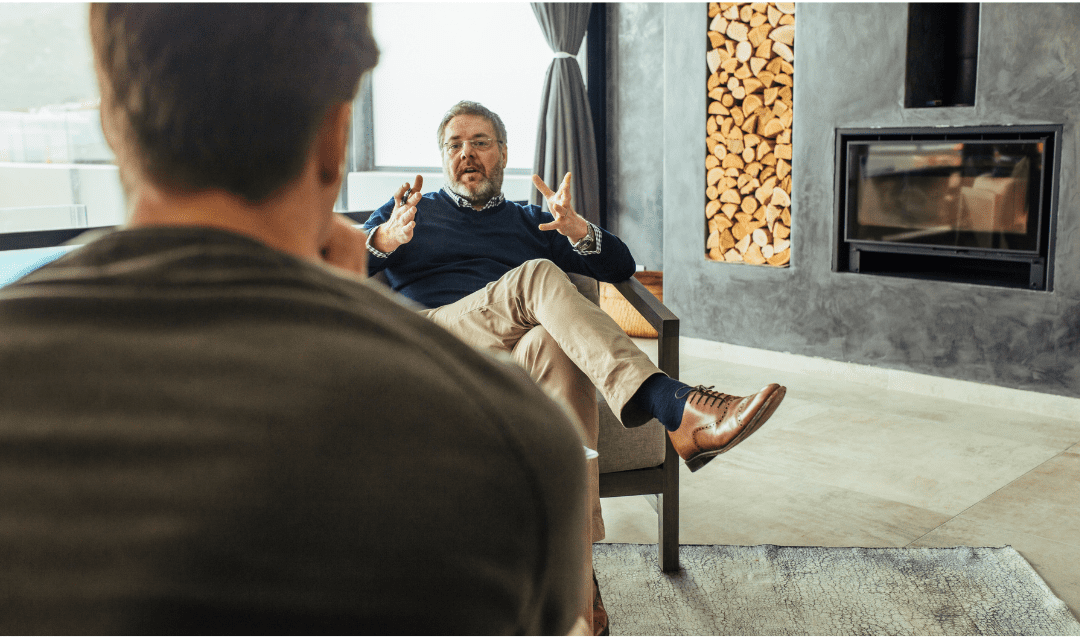
Development Funnel Boost Media
December 22, 2025
Signs You May Need Counseling (Even If You’re “Functioning”) in Austin, TX
Many people believe therapy is only for those in crisis. In reality, some of the people who benefit most from counseling are those who appear to be “doing fine” on...
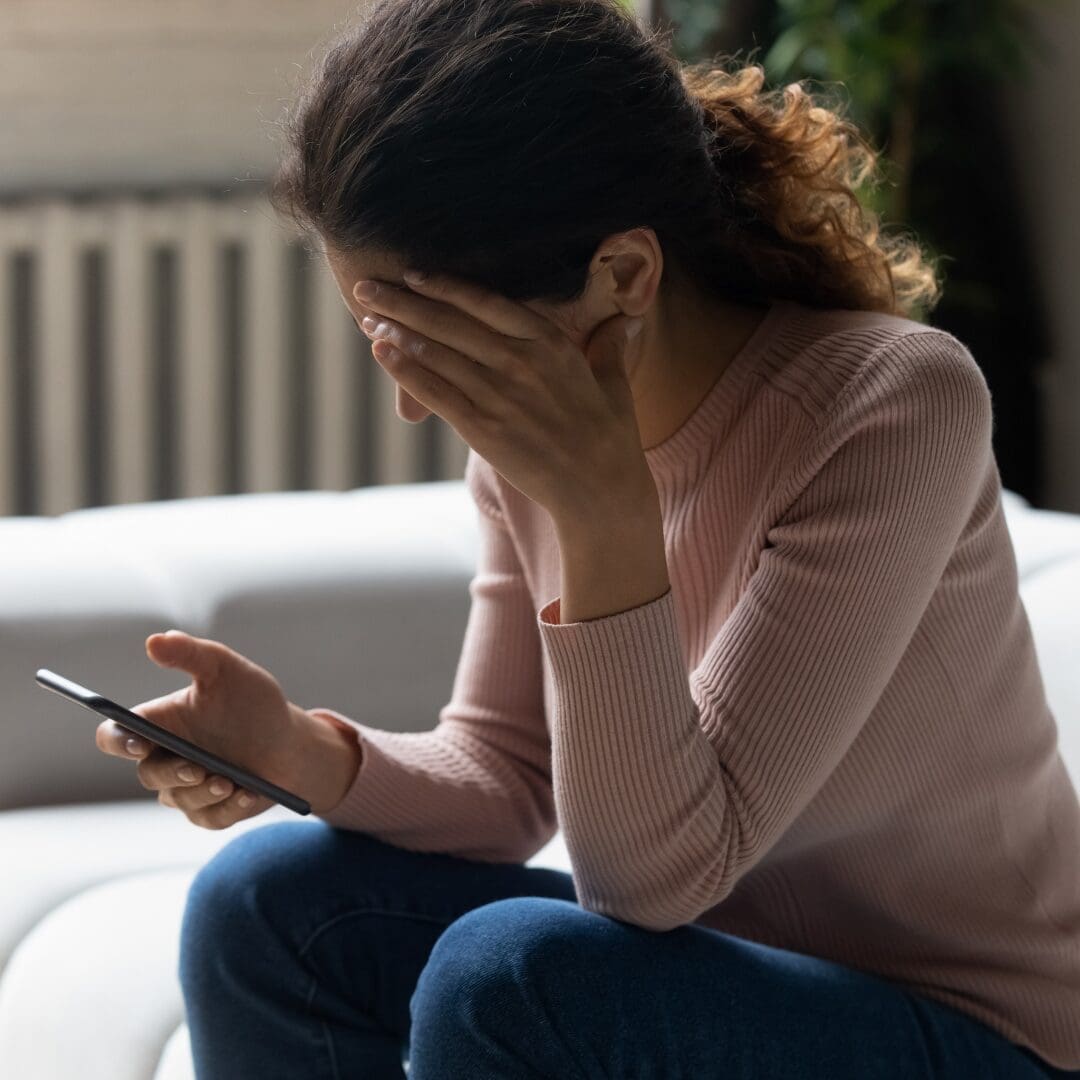
Arely Ambriz
December 19, 2025
Is Your Personal “Credit Rating” at Risk? How to Rebalance Your Life’s Budget
Feeling anxious about world events? Learn how to navigate stress in your relationship with our Q&A. Discover practical communication tips to turn shared anxiety into genuine connection and support for...

Arely Ambriz
December 18, 2025
Beyond the Headlines: Are We Really Talking to the People We Love?
Feeling anxious about world events? Learn how to navigate stress in your relationship with our Q&A. Discover practical communication tips to turn shared anxiety into genuine connection and support for...
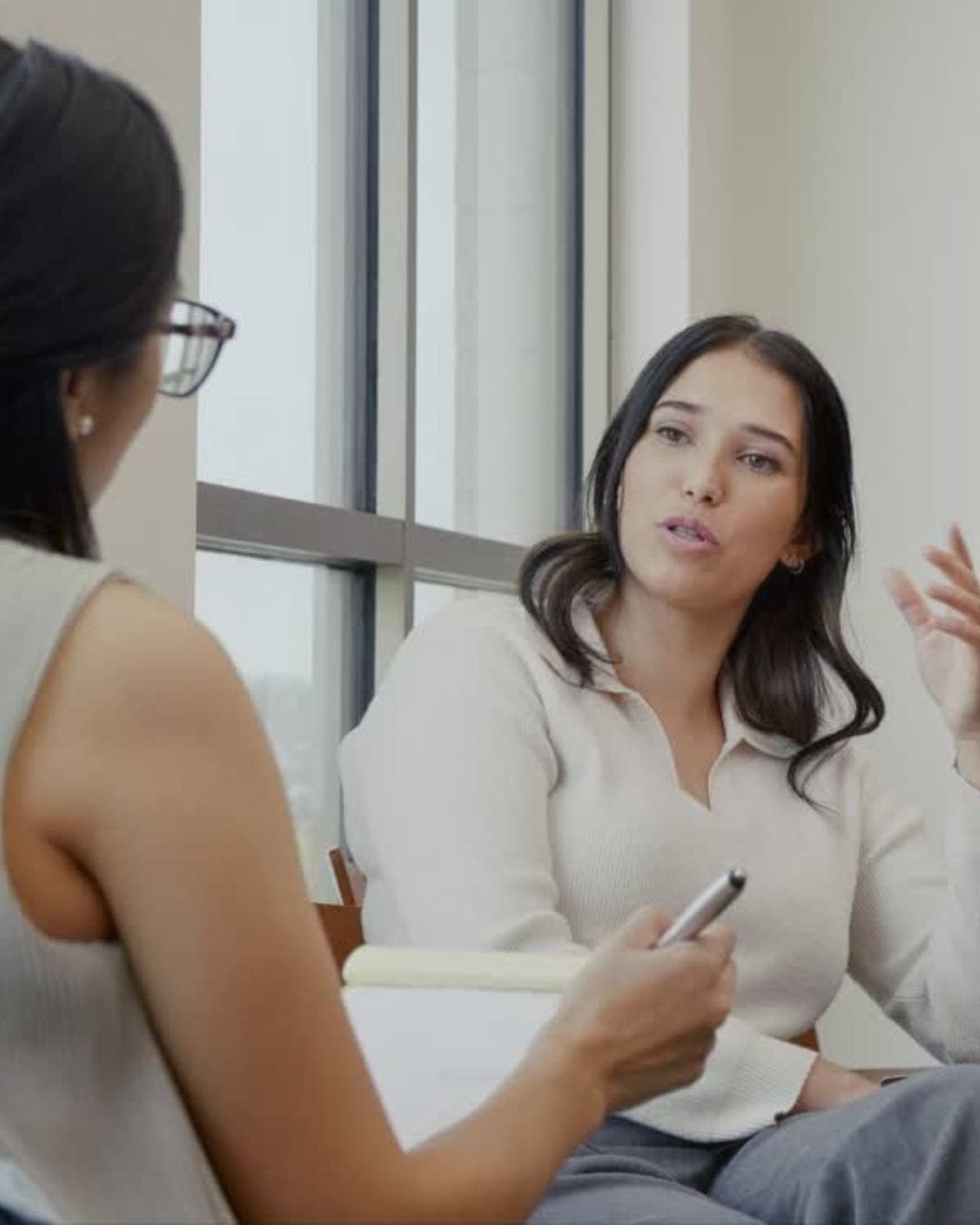
Arely Ambriz
December 17, 2025
That ‘Someone’s Watching’ Feeling: Navigating Mid-Week Anxiety in a High-Alert World
Feeling overwhelmed by work stress and digital anxiety? Learn how to manage mid-week slumps and protect your mental well-being in a fast-paced world. Explore actionable coping mechanisms to regain control....
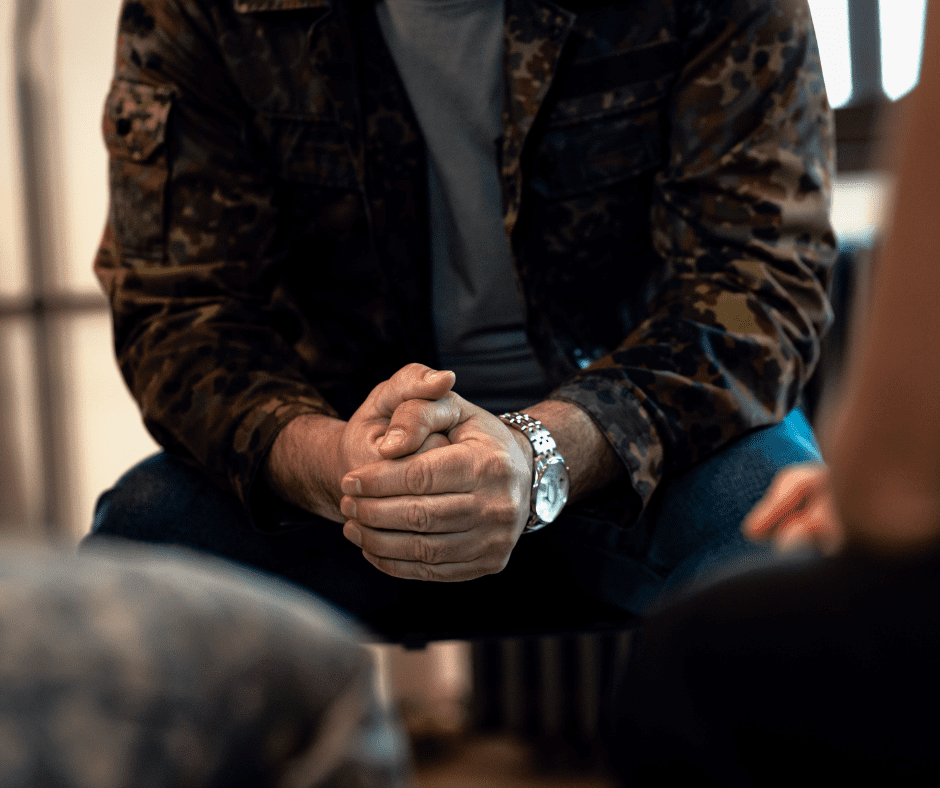
Arely Ambriz
December 16, 2025
The Innovation Anxiety: Is Your Company’s ‘Next Big Thing’ Stressing You Out?
Navigate workplace change with confidence. Learn how to manage anxiety, build resilience, and adapt to evolving roles with actionable strategies and support....

Arely Ambriz
December 15, 2025
From the Racetrack to a Festival of Lights: Fueling Your Own New Beginning This Monday
Discover the lessons of Hanukkah in overcoming challenges and starting anew. Explore small steps to achieve your goals and find support with compassionate psychiatry and counseling in Texas....
